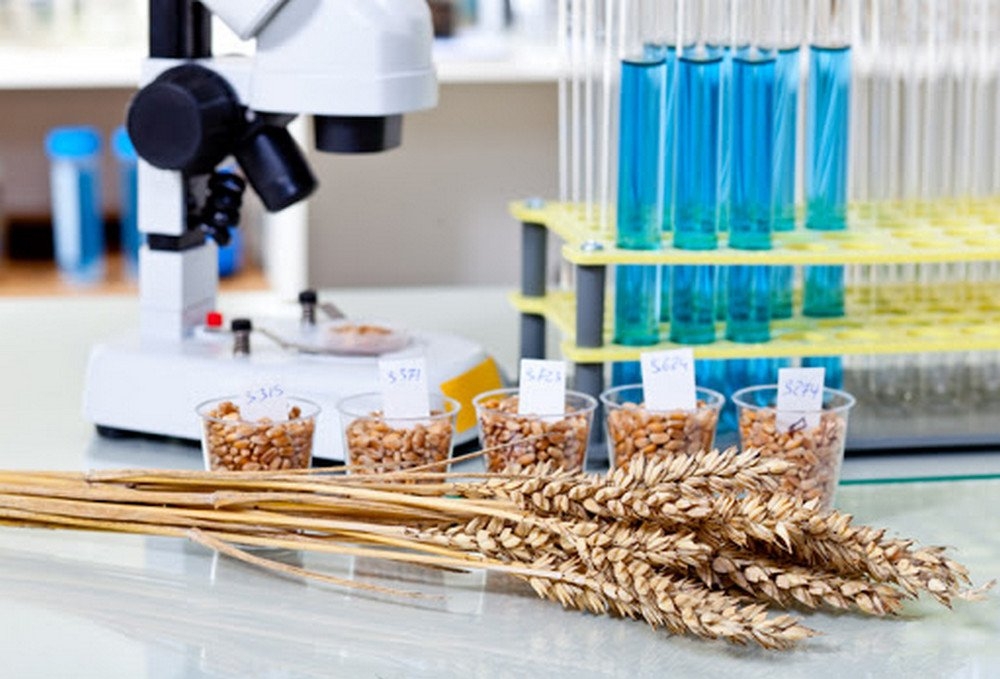Great Britain will finalize the methodology for determining the country of origin of grain by the end of August

By the end of August, the Ministry of Agriculture of Great Britain plans to complete work on the method of verification of grain grown in Ukraine, which will allow to determine whether the Russian Federation is exporting grain stolen from Ukraine under the guise of its own.
Deputy Minister of Agricultural Policy of Ukraine V. Holovnya said that "a tripartite group created together with the Ministries of Agriculture of Great Britain and Lithuania is working on methods of determining the origin of grain at the genetic level. By the end of August, British experts promise to provide a ready-made inspection system and methods by which the relevant laboratories of Lithuania will be able to inspect the grain. In September, it is planned to conduct training in order to have certain results by the end of the year."
In the ports of Lithuania, from where a lot of Russian and Belarusian grain is sent, special laboratories will be opened, which will determine the country of origin of grain samples, which will make it possible to determine whether stolen Ukrainian grain or a mix of it is being exported.
Britain has already received samples of Ukrainian grain to determine its genetic code. This is a part of those samples that are transferred every year for research from each region of Ukraine to the scientific research institute for the examination of plant varieties.
"This is the first such initiative at the international level, as previously such analyzes were ordered by companies individually, for example, to conduct forensic examinations. Now Ukraine will be able to confirm the origin of grain and file claims for damages. After the technique is tested in Lithuania, it will turn to other countries with a request to conduct similar analyses," said V. Holovnia.
We will remind that in May 2024, the Russian Federation sent a ship with grain from occupied Sevastopol to Venezuela. And the Russian Federation exported more than 80,000 tons of new crop grain from the occupied Donetsk region. In this way, the Russian Federation is trying to legalize grain deliveries from the occupied Ukrainian territories with its international partners.


